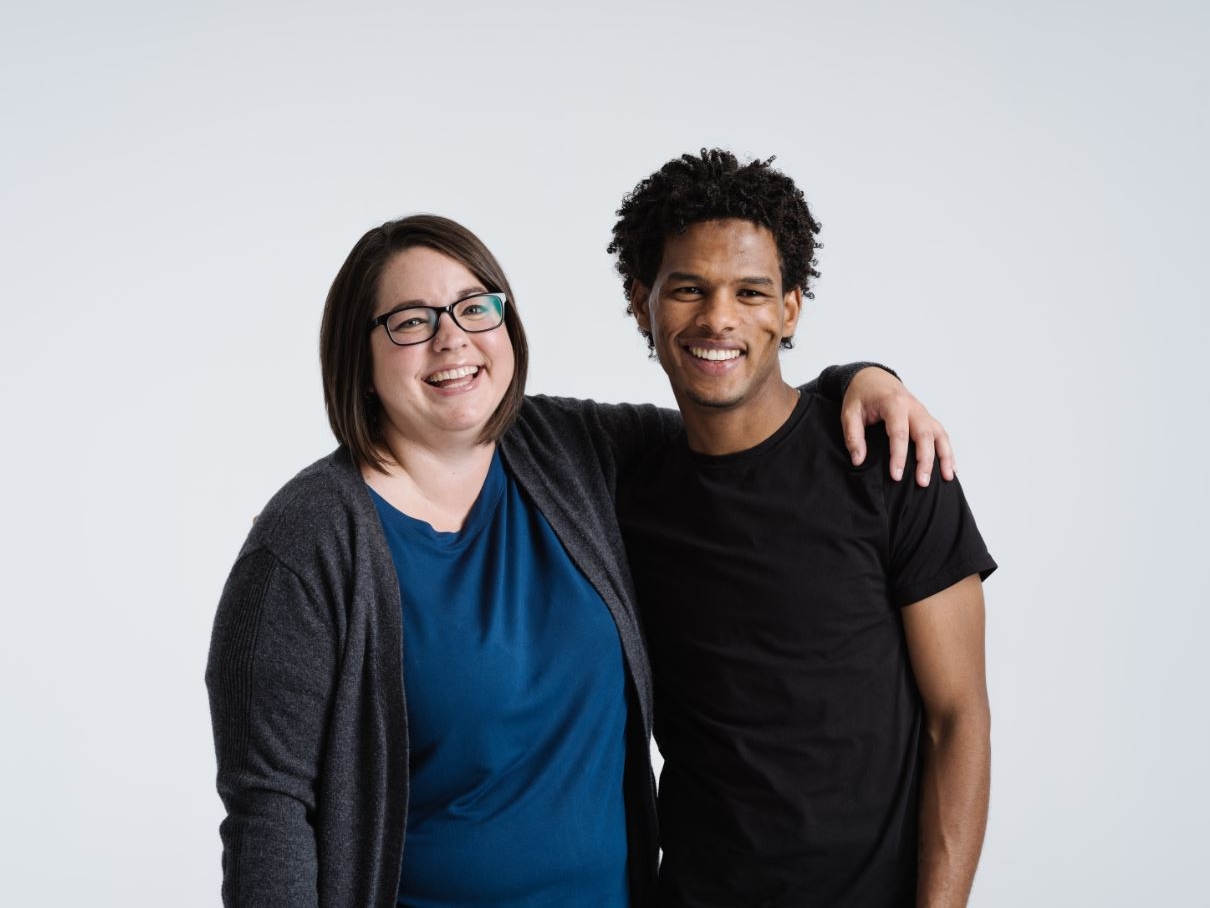Of the world’s 42 million refugees, nearly half are youth under the age of eighteen. Some of these youth have been separated from their families or orphaned. They leave their homes to escape war, persecution, military recruitment, abuse, or trafficking. Surviving all odds, they are resettled to the United States without their own families. There are less than twenty programs in the United States that resettle unaccompanied refugee minors, and only one in the state of Utah — CCS' Refugee Foster Care program. These youth need a loving environment and a chance to succeed. This is only possible if there are foster families willing to welcome them into their homes.
Information Meetings
As you consider welcoming a new child into your home, we know you have questions— and we're prepared to answer them. Refugee Foster Parent Information Meetings are held via Zoom on the first Wednesday of every month at 6:30 pm. For more information on becoming a foster parent or to RSVP please email us at
- January 7, 2026
- February 4, 2026
- March 4, 2026
- April 1, 20256
- May 6, 2026
- June 3, 2026
- July 1, 2026
- August 5, 2026
- September 2, 2026
- October 7, 2026
- November 4, 2026
- December 2, 2026
What is Refugee Foster Care?
CCS resettles unaccompanied refugee youth under the age of 18 and places them with foster families. They are eligible to remain in the custody of Catholic Community Services and receive services until the age of 21. The foster families provide a loving and safe environment for the youth to adjust to life in the United States. The youth set education and career goals and prepare for self-sufficiency. The goal is for the youth to have the skills necessary to succeed and supportive adults in their lives long-term.
Visit our Refugee Foster Care program page
Thank you for the generous support provided by Workforce Refugee Services.
What CCS services are provided to the youth and families?
Family consultants train foster parents and provide ongoing support, including bi-monthly visits. Case managers help youth set goals and ensure their needs are met. Transition to Adult Living Coaches teach Life Skills courses and help with education and employment. Clinicians provide individual, group, and family therapy. Immigration attorneys assist youth with citizenship and immigration needs. All youth have Medicaid health insurance and access to physical and mental health services. They are also enrolled in school and have access to tutors and other support. CCS also provides a monthly stipend to foster parents to offset the costs of meeting the youth’s needs.
Who are the refugee foster youth?
Unaccompanied refugee minors are youth who have been given refugee status and come to the United States without a parent or guardian. Eligible minors include refugees, asylees, special immigrant juveniles, and victims of human trafficking. Most of the youth are ages 15-17 upon arrival. They come from all over the world; most commonly, Central and Northeast Africa, Southeast Asia, Afghanistan, and Central America. Most speak several languages with English comprehension varying widely. Though they have all experienced trauma, they process it in different ways.
Who are the foster parents?
Foster parents are people like you! They are people who have room in their homes for another bed and room in their hearts for another child. There are young foster parents with no children of their own, foster parents with several young children, foster parents with teenagers of their own, foster parents with empty nests, and everything in between. There are single-parent foster parents. There are foster parents born in the United States and there are foster parents with refugee and immigrant backgrounds. We have lots of youth with different personalities and different needs which necessitates foster parents with different personalities, strengths, and circumstances.
What are the requirements for becoming a Refugee Foster Parent?
- 24 hours of pre-service training, broken up into 2-hour sessions twice a week for 6 weeks
- Cleared federal and state background checks for everyone in the home over 18
- Must be able to pay own bills without financial assistance from CCS (as evidenced by pay stubs or tax forms)
- Completed application and paperwork
- CPR/First Aid certification
- Either single or able to show proof of marriage
- TB test
- Approved home study and home safety inspection completed by CCS
Hear from a few youth in Refugee Foster Care about their experience in the program below.




